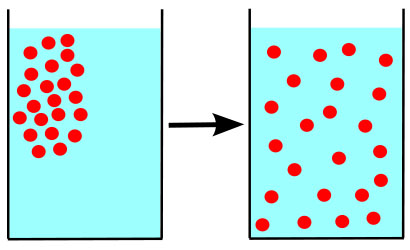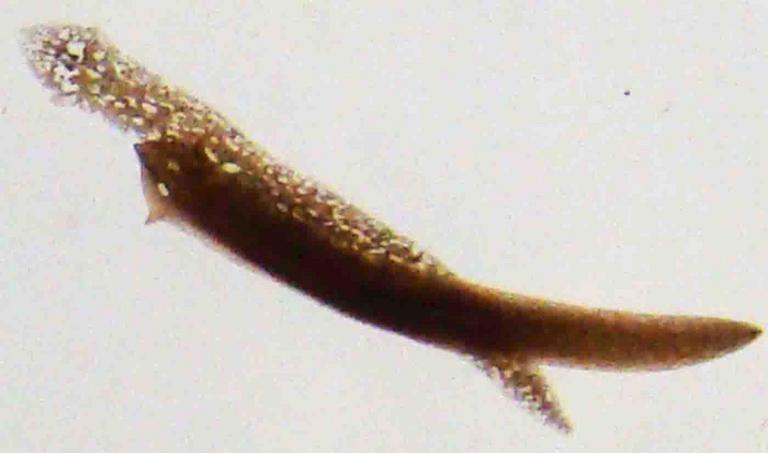 | ||||
Diffusion, Osmosis & Active Transport
Practice Test Questions
Virtual Cell Biology Classroom of Science Prof Online
Diffusion, Osmosis & Active Transport Test Qus
 | ||||
Free review questions to help students better understand topic.
The Virtual Cell Biology Classroom provides a wide range of free educational resources including Power Point Lectures, Study Guides, Review Questions and Practice Test Questions.
 | ||||||
SPO VIRTUAL CLASSROOMS
3. Active transport is a way for molecules to move across the plasma membrane. When active transport is used to move molecules, what is required?
a. concentration gradient
b. very small molecules
c. energy that the cell provides
d. osmosis
4. Diffusion is when molecules of a substance move from a higher concentration to a lower concentration. Which of the following factors do NOT affect the rate of diffusion?
a. particle color
b. particle size
c. temperature
5. What would happen if you gave a patient an IV of pure water?
a. Their blood cells would shrink.
b. Their blood cells would burst.
c. The patient would slowly become rehydrated.
d. I would be promoted for my outstanding level of medical care.
6. In the scenario described in the previous question , which way would water be moving?
a. into the blood cells
b. out of the blood cells
c. both into and out of, but with no net change
d. water would not be moving
1. Compared to water, the environment on the inside of the blood cell could best be described as:
a. hypertonic
b. hypotonic
c. isotonic
d.ginandtonic
2. The process of water diffusing into or out of a cell is known as:
a. active transport
b. facilitated diffusion
c. phagocytosis
d. osmosis
The following questions, from the Virtual Cell Biology Classroom, are designed to help students better understand this topic. All questions are based on material that can be found on the Diffusion, Osmosis & Active Transport Lecture Main Page.
Page last updated: 10/2015
 | ||||
ANOTHER SPO
HOME SCIENCE PROJECT
PLANARIAN FLATWORMS
We are keeping Dugesia! These cute, cross-eyed "immortal worms" have an almost limitless ability to regenerate. Even a small piece of one can grow onto a new worm!
to meet our flatworms!
The SPO website is best viewed in Microsoft Explorer, Google Chrome or Apple Safari.
7. I am doing an experiment on osmosis. I take some dialysis tubing (a semi-permeable membrane) and fill it with a 50% sugar solution. Sugar molecules are very big, and cannot pass through the membrane. If I want to make the cell gain weight, which beaker should I place it into?
a. beaker of 70% sugar solution
b. beaker of water
c. beaker of 90% sugar solution
d. beaker of any type of sugar solution
e. None of these conditions would cause the cell to gain weight
8. If someone sitting at the other end of a restaurant smokes a cigarette, you may still breathe in some of the smoke. The movement of smoke through the air of the restaurant is an example of what type of transport?
a. osmosis b. diffusion c. facilitated diffusion d. active transport
9. The total solute concentration of a red blood cell is about 2%. Sucrose cannot pass through a red blood cell's plasma membrane, but water and urea can. Osmosis will cause such as cell to shrink the most when the cell is immersed in which of the following solutions?
a. a hypertonic sucrose solution
b. a hypotonic sucrose solution
c. a hypertonic urea solution
d a hypotonic urea solution
10. If a cell’s cytoplasm contains 30% solute, which of the following best describes the rest of the cytoplasm?
a. 70% solute 
b. 30% solute 
c. 70% water 
d. 30% water 
e. 30% solvent





